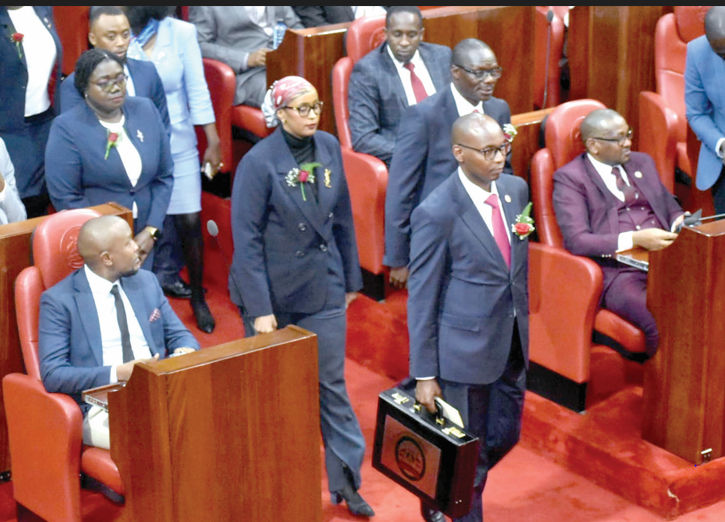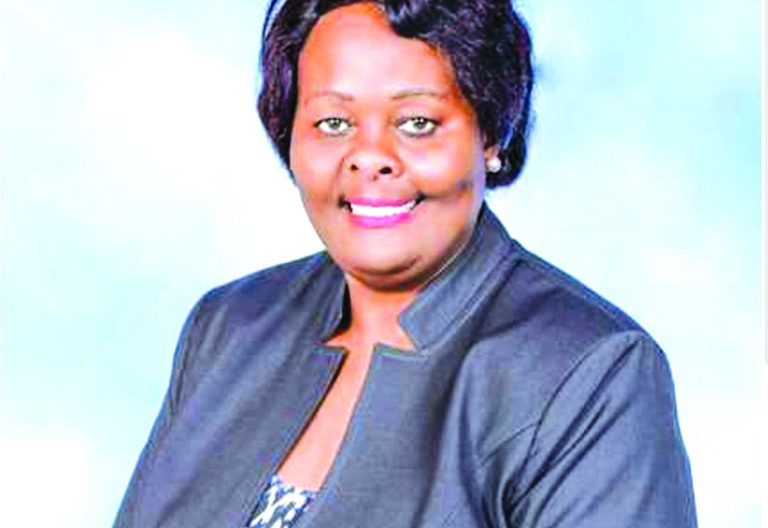Counties in rush to table budgets

Several county governments were last night in the last-minute rush to rally the Members of the County Assembly (MCAs) to pass the budget estimates for the 2023/24 financial year to beat the deadline that lapses today.
Though the law does not prescribe any legal penalties for tabling the estimates late, counties are at risk of experiencing delayed service delivery.
While Nairobi, and Nyanza counties of Kisumu, Homa Bay and Siaya passed their budget yesterday, other counties including Mandera, Nakuru, Nyandarua, Garissa, Mombasa, Kilifi, Trans Nzoia, and Kajiado were yet to table their budget estimates as of the time of going to the press.
Kilifi and Nyamira are reportedly preparing to table their budgets today while Mombasa Deputy Speaker Fadhili Makarani said the tabling of the budget is still pending as the assembly is still on recess.
Uasin Gishu, Narok, Taita Taveta, Kitui, Makueni, Nyeri, Murang’a, Elgeyo Marakwet, West Pokot, Nandi, Wajir, Kisii and Bomet are among the counties that have passed their budgets either last week or this week.
In some counties, MCAs have paralysed the process of tabling the estimates in their respective assemblies as they push for better pay, while the standoff between governors and the ward representatives has also stifled the reading of budgets.
In the 2023 division of revenue bill that President William Ruto assented to in April, the counties will receive Sh385 billion as an equitable revenue share up from the current Sh370 billion.
Nairobi got the lion’s share of Sh20 billion while Lamu was allocated the least national government funding of Sh3 billion.
Commission on Revenue Allocation (CRA) had recommended Sh407 billion as shareable revenue.
“The difference in the CRA recommendation and division on revenue bill 2023 proposal emanates from different approaches used to compute the county governments’ equitable share of revenue which includes, the use of different revenue adjustment factors,” Parliament explained in the bill.
Council of Governors (CoG) faulted the Senate for passing the bill which had slashed the revenue share from the national government saying that the move was undermining devolution.
“We wish to convey our dissatisfaction with the manner in which the Senate voted on the Division of Revenue Bill, 2023, rejecting an amendment that would have seen the devolved units get Sh407 billion as equitable share in the FY2023/24,” CoG lamented.
Until Sunday when President Ruto announced that he had released all monies owed to counties, counties were embroiled in a tussle with National Treasury as they pushed to have their four months’ shareable revenue remitted, threatening to shut down the devolves units in May.
Counties are allocated an equitable share of revenue unconditionally in the national government’s annual budget cycle to enable them to have the autonomy to plan, budget and implement development projects based on county priorities.
The devolved units however have to raise additional funding for the operations through their own source revenue and conditional grants as their budget estimates may not be covered comprehensively in the equitable revenue share.
Governors are upbeat about growing their own sources of revenue through the automation of their governments’ services and the adoption of cashless modes of payments to fund their recurrent expenditures and developments.
Health, education and agriculture are the priority sectors for a majority of the counties which have passed their budget estimates.
Meanwhile, Nairobi County yesterday passed a KSh42.38 billion budget for the 2023/24 financial year, an increase from the current Sh39.6 billion budget.
Finance and Economic Planning County Executive Committee (CEC) member Charles Kerich explained that the budget will be focused on infrastructure, health care, environment, school-going children, and the youth, and expanding the tax base for more revenue to finance development.












